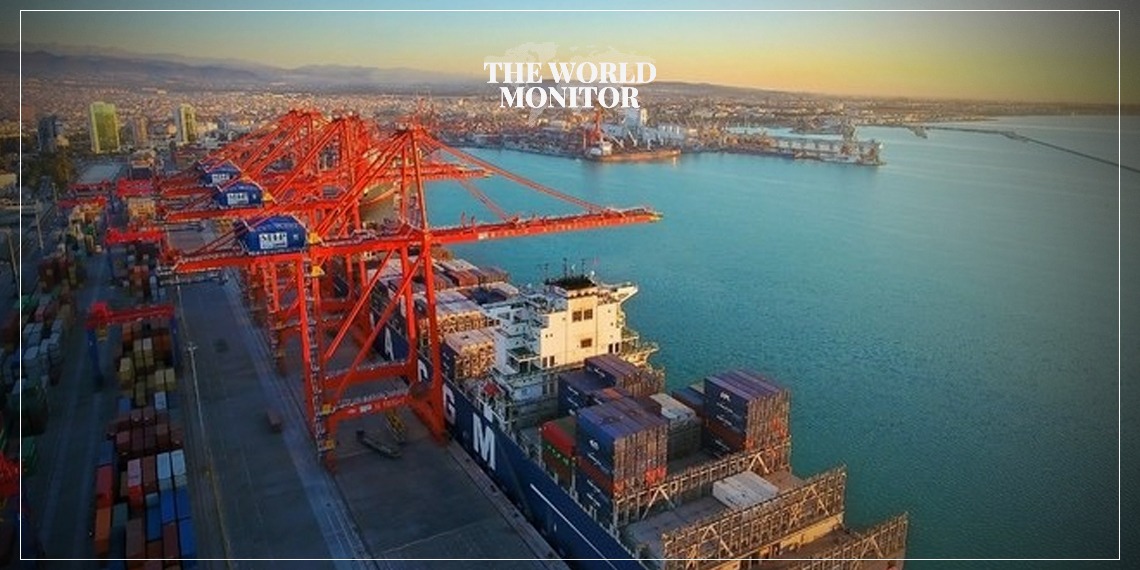Turkish Finance Minister Mehmet Simsek emphasized the need for comprehensive free trade agreements (FTAs) to enhance relations between Turkey and Arab countries.
Speaking at the Arab International Banking Summit in Istanbul on Thursday, Simsek mentioned that although the Turkish lira might face some depreciation, fluctuations have decreased.
This statement follows Turkish Trade Minister Omar Bulat’s announcement in March that Turkey and the Gulf Cooperation Council (GCC) have agreed to commence negotiations on a free trade agreement.
Since launching a diplomatic initiative in 2020 to strengthen ties with Gulf countries, Turkey has secured billion-dollar deals with the region.
During the summit, Bulat highlighted on the platform “X” that the agreement would liberalize trade in goods and services, facilitate investments, and boost Turkey’s trade with the area.
He expressed optimism that the talks would conclude as soon as possible and projected that the FTA would create one of the world’s largest free trade areas, with a combined value of $2.4 trillion between Turkey and the GCC countries.
This move underlines Turkey’s strategic efforts to enhance its economic footprint in the Middle East through significant diplomatic and trade initiatives.
Turkey recently suspended all trade relations with Israel, with allegations from Israel that Ankara is also preventing third countries from using Turkish ports for trade with Israel.
According to a report by Bloomberg, which cited two Turkish officials, all Turkish exports to and imports from Israel have been halted. Israel’s Foreign Minister, Israel Katz, stated separately that Turkey has begun to block Israeli goods at Turkish ports as well.
Katz accused Turkey of violating trade agreements and directed the Israeli Foreign Ministry to explore alternative trade strategies, emphasizing local production and imports from other nations.






